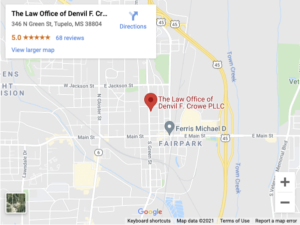The Downside Of Co-Signing Credit Unions
Why would a bank or credit union have one customer to pay a bill when they can have two?
With more and more poor credit ratings on the books, creditors are turning towards cosigned debts as a method of repayment.
A cosigned loan obligates two people to repay a loan instead of one.
Depending upon your perspective, the loan can be an extraordinary benefit or a major liability.
For a creditor, another signatory creates a safety net when a primary signor has a shaky financial history.
For the extra signor, the loan creates the financial responsibility of paying the entire debt.
Consider this illustration: John Smith wants to purchase a motor scooter from Richard for $2,000. John does not have the up-front cash to pay Richard and asks for a payment plan. Richard runs a credit check on John and discovers John has missed several payments on previous car loans. Nervous about recovering the entire $2,000, Richard tells John he will sell him the scooter only if John’s father, Bob, signs the contract as well. Trusting his son will pay for the scooter himself, Bob happily signs the contract.
A few months later, John moves to Michigan and takes the scooter with him. He has not made any of the payments on the scooter to Richard. Richard demands John make his payments, but John tells him he cannot. Richard then sues Bob for the entire $2,000. Under the terms of the contract, Bob must pay the entire $2,000 and Bob has no legal defense!
Unfortunately, the above example happens all too often.
Studies have shown that for defaulted cosigned loans, three out of four consigners are asked to repay the loan.
If you are considering cosigning or asking someone to cosign for you, be aware of the risks.
If you must cosign, make sure you can afford to repay the loan on your own.
Be sure that all parties receive a copy of the contract.
And, if you are a consigner, write a letter to the lender asking for a notification of any future default. That way, you can prepare for any default in advance and will not be forced to pay the entire amount right away.
Find out your debt options.
Get your questions answered.
Call today for a FREE consultation.
Call toll free 800-429-HELP(4357) .



